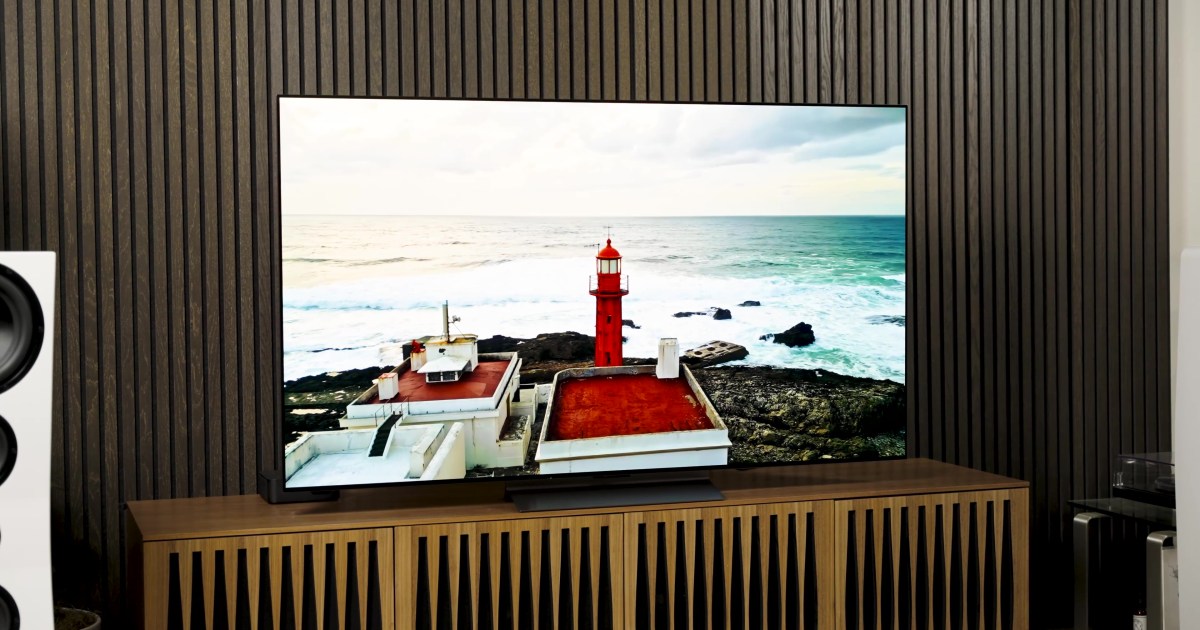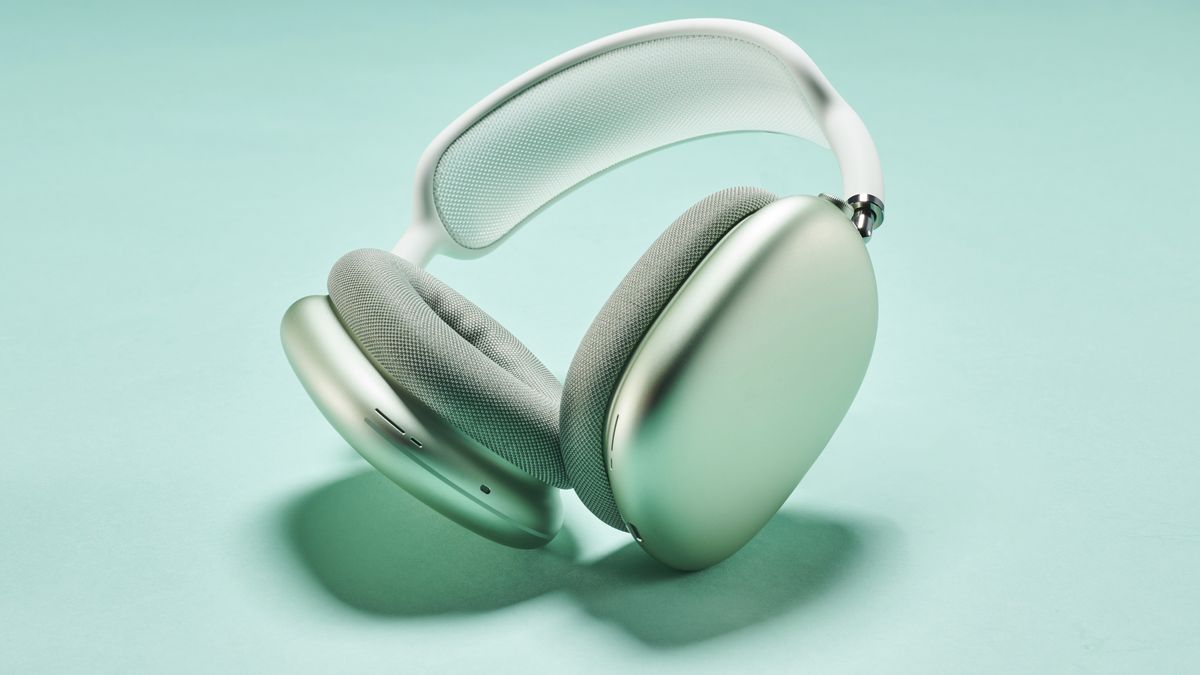
The best Nintendo consoles, ranked.
Nintendo has been producing consoles for decades, including home consoles, handhelds, and hybrid models. Not all of their systems have achieved excellence, which is why we have created a ranking of all Nintendo consoles.
Nintendo was not the first company to launch a video game console, but it has undoubtedly had the greatest influence on shaping the current landscape. From the NES to the highly anticipated Switch 2, Nintendo has amassed systems loaded with some of the most iconic franchises in the industry. Throughout history, Nintendo's consoles have held a privileged place on lists of the best consoles of all time. However, the question arises as to which of its own consoles might be considered the superior one. With a tradition that includes both home and portable consoles, Nintendo has released more systems than any other company. To determine which console stands out above the others, various factors must be considered, with the most relevant being the fun each provided.
10. Virtual Boy
It's no surprise that the Virtual Boy ranks last. This system is unquestionably regarded as the worst console that Nintendo has ever released. With a promising idea, it failed to deliver the technology or games necessary to make it viable. The black-and-red display was uncomfortable for a console designed to be worn on the head, and it also featured an unconventional controller. With only a dozen games released, very few are positively remembered, resulting in the Virtual Boy lacking defenders in the gaming community.
9. Wii U
While the Wii U is not considered a bad system, it did suffer from poor communication of its concept. The tablet-like controller had good potential but was poorly utilized. Although the console had a library of games that could compete, only a small number successfully exploited all the advantages of its design. Nevertheless, many of its titles found great success when re-released on the Switch, reflecting the significant potential the Wii U had regarding games.
8. GameCube
With the GameCube, Nintendo showcased a follower aspect rather than a pioneering one. It lacked an innovative concept and presented itself as an improved and more appealing version of the N64. However, its library of games was outstanding and filled with memorable titles, even though it did not achieve comparable popularity to other consoles from the company, earning a cult status instead.
7. Game Boy Advance
The Game Boy Advance can be seen as an evolution of the Game Boy, with significant improvements that represented a generational leap. This system allowed players to enjoy Super Nintendo-quality graphics in a portable format and introduced new franchises that became benchmarks in the gaming world. Additionally, it was able to connect to the GameCube, showing Nintendo's intention to experiment with gameplay across multiple screens.
6. NES
The NES is fundamental in the history of video games, although it must be noted that many of its titles have aged poorly. However, it was the platform that brought numerous iconic franchises to life and had a significant cultural impact, becoming synonymous with video games in popular culture.
5. Nintendo 3DS
Following the success of the DS, Nintendo decided to go further and introduced the 3DS with a 3D effect that did not require glasses, an impressive feat for its time. This system not only offered innovative titles but also maintained compatibility with the extensive catalog of its predecessors, making it a formidable rival to other handheld consoles.
4. Wii
The Wii stood out by shifting the company’s focus from graphical power to fun. With motion controls accessible to players of all ages, it was able to attract a massive audience. Although affected by a large number of lower-quality games, it continues to be remembered as an ideal console for group enjoyment, especially highlighted by its flagship title, Wii Sports.
3. Game Boy
The arrival of the Game Boy revolutionized portable gaming by allowing players to experience console-level gaming anywhere. With console-quality titles like Tetris and Pokémon, Nintendo kept this system in operation for over a decade, creating cherished memories for generations of gamers.
2. SNES
The SNES occupies a unique place in Nintendo's history, offering graphics and gameplay that still seem modern today. This system stands out for its exceptional game library that has left a lasting mark on the industry and can be thoroughly enjoyed even without the nostalgia of the past.
1. Nintendo Switch
As it closes its life cycle, the Switch has established itself as the best console Nintendo has designed. In response to the decline of the Wii U, the company introduced a hybrid system that allowed it to consolidate its development efforts and revive forgotten games from its predecessor. With an exceptional game library that includes exclusives and classics, the Switch represents a milestone in video game history, despite minor technical issues that do not overshadow the quality of its titles.


